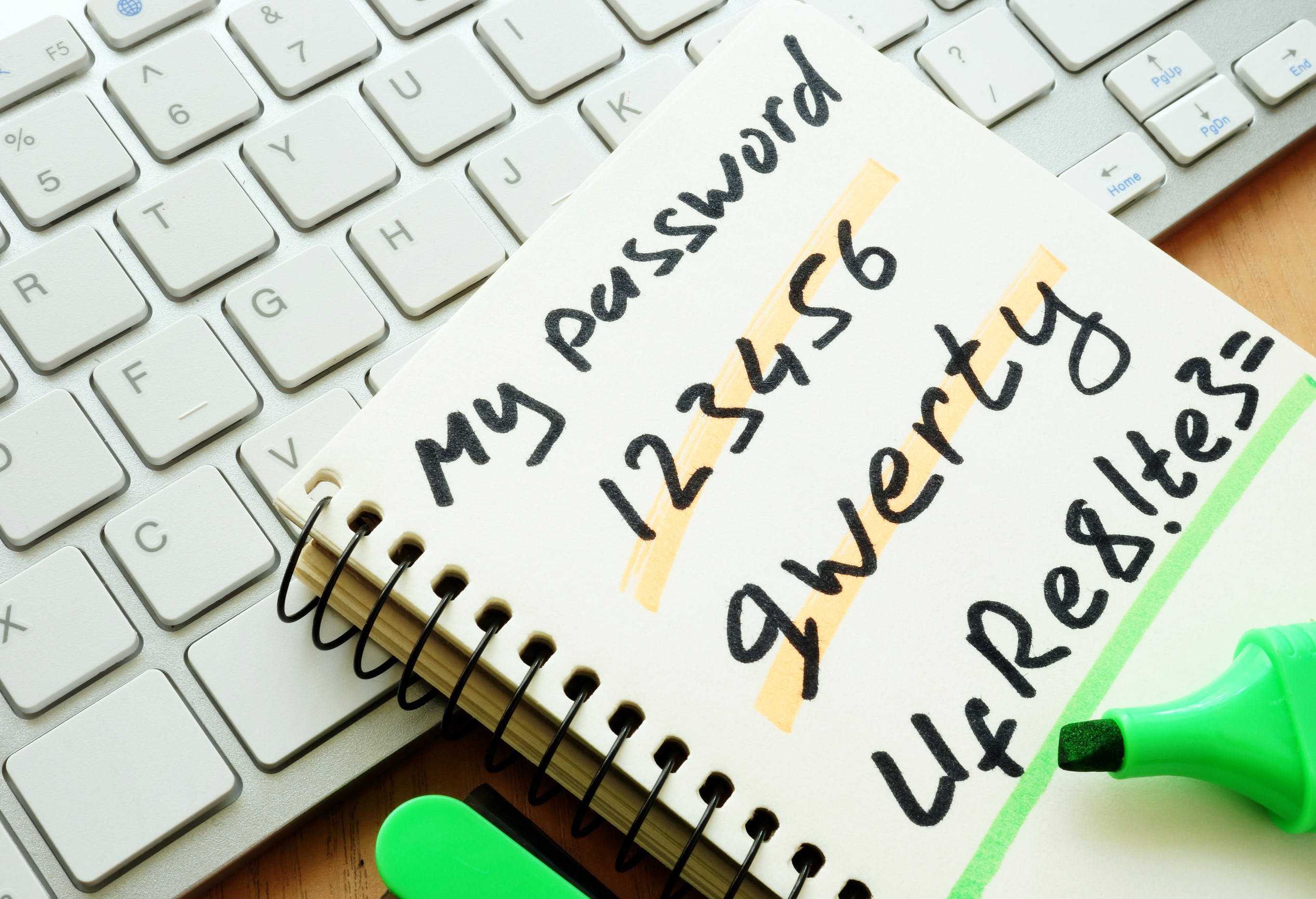The online world changes quickly, and for seniors who went through their entire or much of their professional careers before the internet, it can feel intimidating. Cybersecurity threats are mounting and many are targeted directly at seniors because they are some of the most vulnerable internet users. It can be a harrowing time for people to go on the internet, not knowing what they will find when going on there, especially for seniors who won’t be in the know as to what “Malware/phishing” etc. is. Sending them to sites with someone to help them such as fraudwatchinternational.com can show them what it is all about and what it means to be protective over their technology when they have to deal with it.
Digital literacy among seniors is higher than it’s ever been, but there are still many seniors who are new to the online world or unfamiliar with many aspects of it. Nearly half of North American seniors have access to a smartphone now, and many more use laptops and desktop computers. Increased access also means increased vulnerability to a variety of online scams and cybersecurity threats.
If you’re worried about your online security, follow these tips for seniors to stay safe online so that you can take advantage of all the web has to offer risk-free.
1) Delete Emails that Look Unusual

Email is one of the primary tools used by cybercriminals who want to target seniors and many other unsuspecting web users out there. If you find an email in your inbox from someone you don’t recognize, consider deleting it. Does the title of the email seem unusual? The contents probably are too. Never open email attachments from unusual-looking emails, as they may activate a virus.
Phishing scams are a common threat when it comes to your online security. In these scams, cybercriminals will pretend to be a trusted person or company. They may even use the very corporate logos of the company they are pretending to represent. They will ask you for passwords, PINs, account numbers, and just about any information that can get them access to your finances.
Legitimate requests for that information never come through email.
2) Use Stronger Passwords

You should never use passwords that are a single word. Passwords should contain a combination of letters, numbers, and potentially even a symbol. They should range from 8 to 16 characters in length. If you have trouble remembering them, you can write them down at your desktop space. The important thing is to never share them online.
3) Only Make Purchases from Secure Websites
One of the more recent changes to the web has been the proliferation of secure websites. These are websites that have taken extra steps to prevent third parties from spreading malware or stealing your information when you make a purchase, book a vacation, or do anything that involves entering personal or credit card information. Here are a few signs that you’re on a secure website:
- There is an ‘s’ in HTTPS. All URLs used to start with HTTP:// followed by www. A secure site will now look like this: HTTPS:// right in the address bar.
- There should also be a trust seal icon to the left of the web address, such as a lock.
There are several other ways to avoid cybercrime, such as avoiding pop-ups and following warnings from search engines if they alert you to malware. Remember, always check twice if you’re not sure about sharing information.








